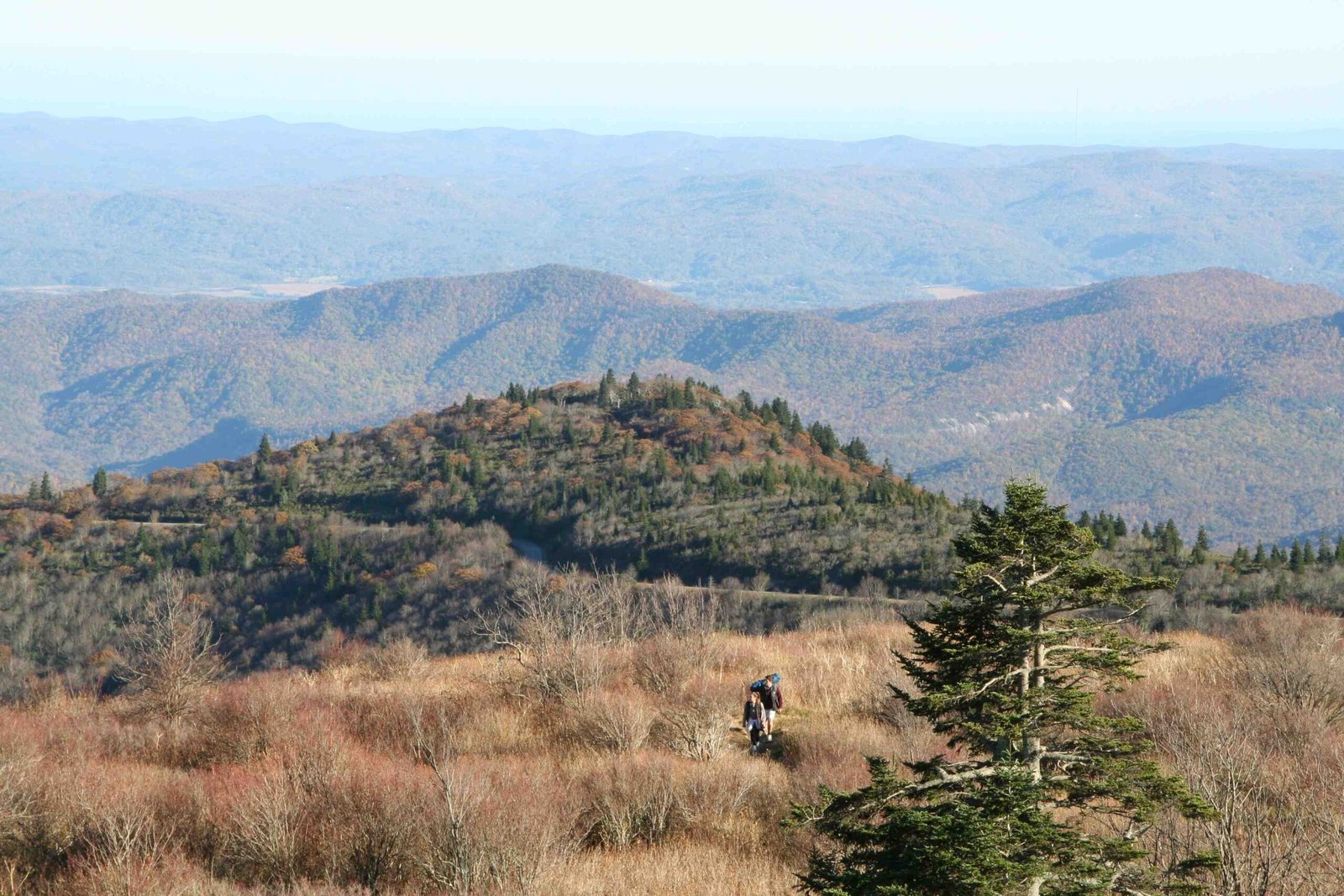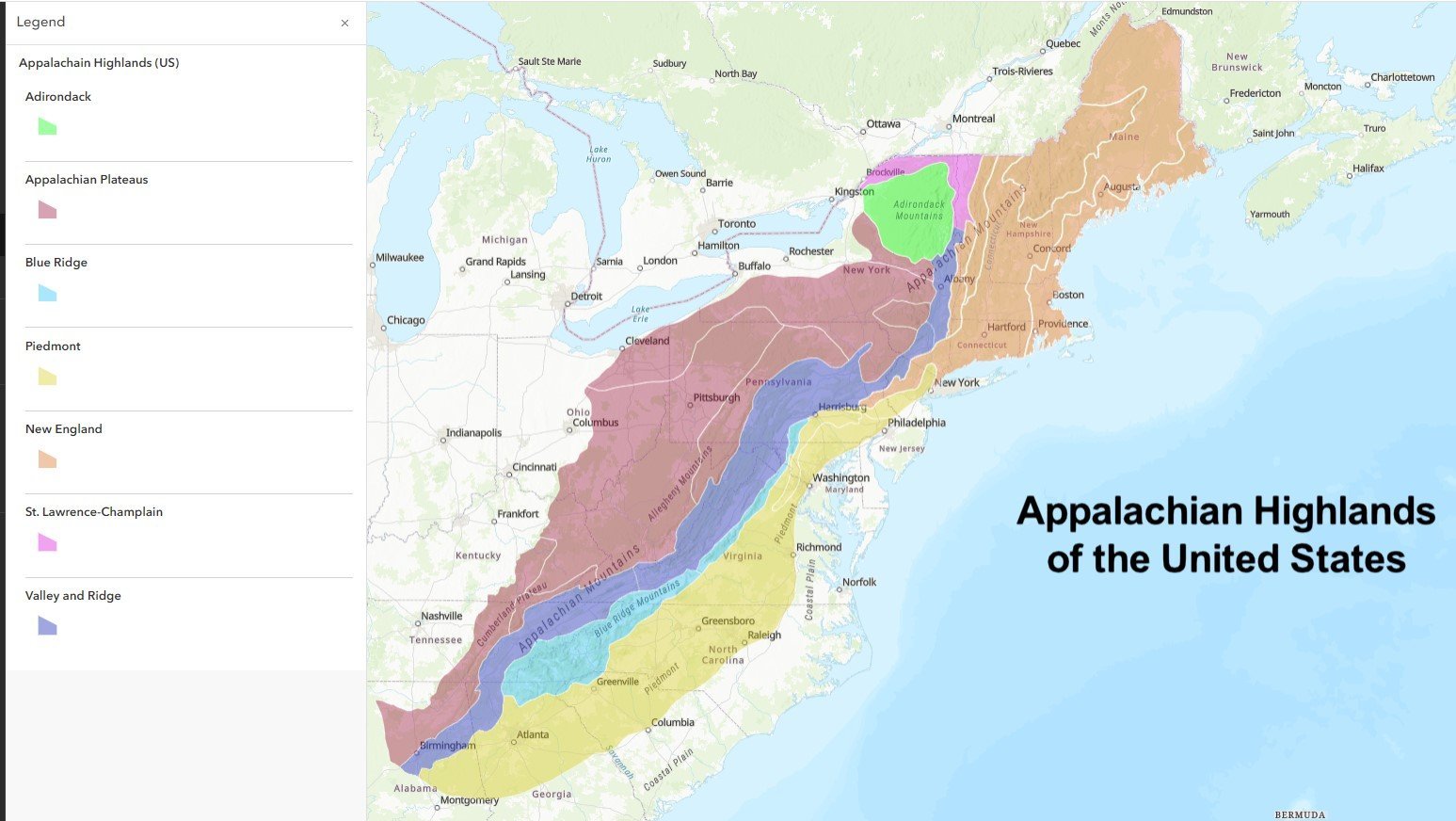The Appalachian Mountain range offers an extraordinary camping experience spanning 14 states, featuring over 250 shelters, 125 designated campsites, and diverse terrain that challenges and delights outdoor enthusiasts. From the rugged White Mountains of New Hampshire to the lush forests of Georgia, these camps provide unique opportunities for wilderness exploration, wildlife observation, and immersive natural experiences.
What Are Appalachian Camps?

Appalachian camps represent more than just overnight locations; they are gateways to wilderness adventures along the iconic Appalachian Trail. These camps range from basic backcountry sites to more structured shelters, each offering unique experiences for hikers and nature lovers.
Types of Appalachian Camps
| Camp Type | Capacity | Amenities | Location Characteristics |
|---|---|---|---|
| Designated Campsites | 4-8 persons | Basic tent areas | Near water sources, varied terrain |
| Trail Shelters | 6-12 hikers | Three-sided structures | Strategically placed every 5-15 miles |
| Dispersed Camping Areas | Flexible | Minimal facilities | Forest service lands |
Where Can You Find the Best Appalachian Camps?

Top Camping Locations
- White Mountain National Forest, New Hampshire
- AMC High Mountain Huts
- Elevation ranges: 714-2,635 feet
-
Guided hiking programs available
-
Great Smoky Mountains National Park
- 72 miles of Appalachian Trail
- Clingmans Dome (highest AT point at 6,643 feet)
-
Strict camping regulations
-
Harpers Ferry, West Virginia
- Psychological midpoint of Appalachian Trail
- Historical significance
- Multiple designated camping sites
What Facilities Exist in Appalachian Camps?
Camp Amenities Breakdown
- Water Sources: Natural springs and creeks
- Restroom Facilities: Limited (some shelters have privies)
- Fire Pits: Existing rings in designated areas
- Tent Platforms: Available in select high-use locations
How to Prepare for Appalachian Camp Experience?
Essential Preparation Tips
- Reservations: Required for AMC huts
- Gear Recommendations:
- Lightweight tent
- Sleeping bag rated for mountain temperatures
- Water filtration system
- Bear-resistant food storage
- Permits: Check specific park regulations
What Wildlife and Activities Exist?
Outdoor Experiences
- Wildlife observation opportunities
- Guided nature tours
- Photography
- Bird watching
- Limited fishing in designated areas
What Are the Accessibility Considerations?
Access and Regulations
- Limited public transportation
- Challenging terrain for disabilities
- Strict environmental protection guidelines
- Parking available at trailheads
- First-come, first-served camping policy
Cost and Reservation Information
Pricing Overview
- AMC Huts: $100-$150 per night
- Dispersed camping: Often free
- Shelter stays: Typically no charge
- Reservation fees vary by location
Safety and Environmental Responsibility
Camping Guidelines
- Follow Leave No Trace principles
- Maintain quiet hours
- Properly dispose of waste
- Use existing fire rings
- Respect wildlife habitats
Pro Tip: Always check current trail conditions and weather forecasts before embarking on your Appalachian camp adventure.

